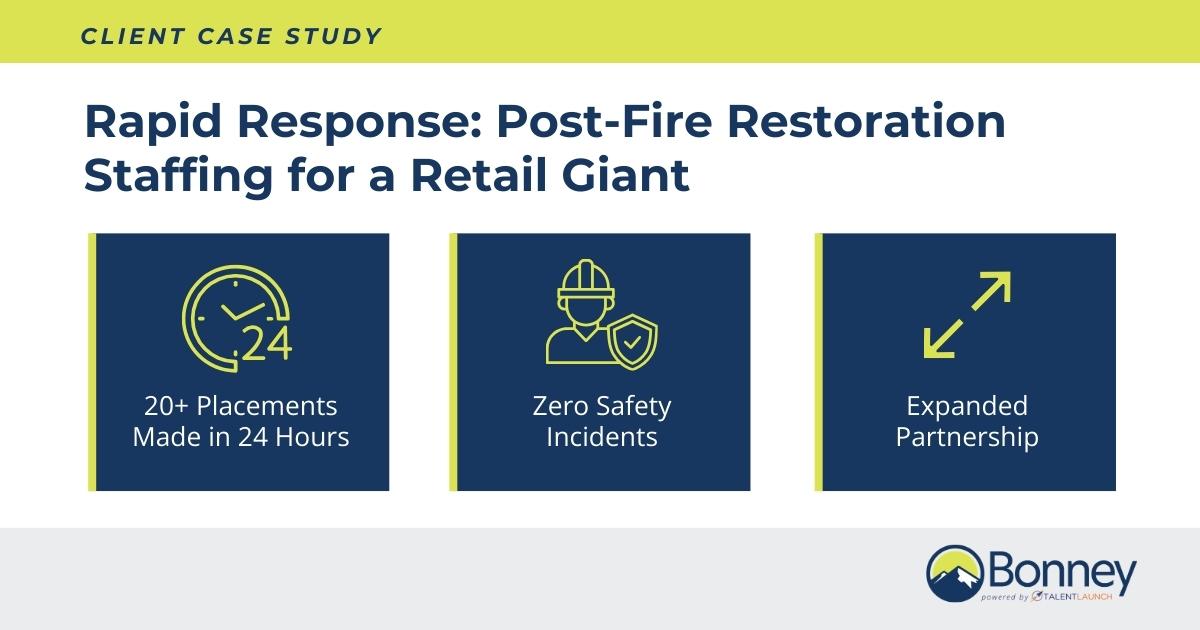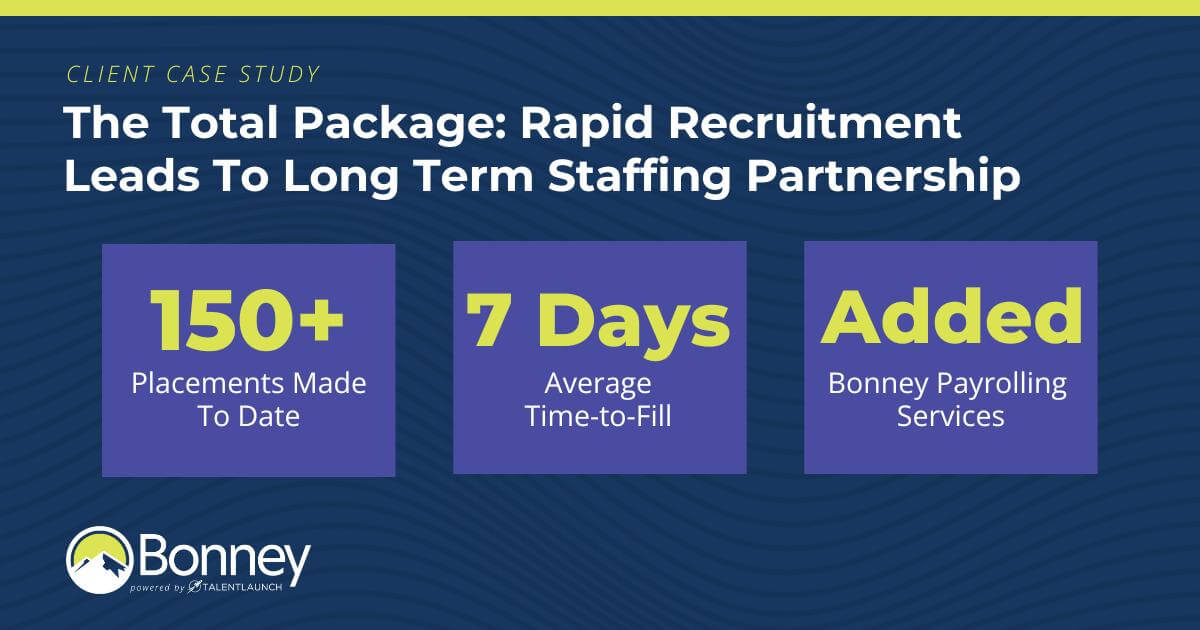The Importance of Onboarding
Most people in the workforce have at least one tale of onboarding horror:
Managers not knowing they were starting that day.
Showing up for a new job and not having a workspace.
“Training” that consists of sitting in a tiny room reading manuals all day long.
These stories are amusing, but take note; most people with an onboarding horror story don’t work at that organization any longer.
The first days and weeks on the job significantly influence a new employee’s perception and commitment to your organization. A poor start can set a precedent that’s hard to overturn.

Onboarding: Small Changes, Big Impacts in Retention
Fortunately, most companies need only make small adjustments to their onboarding practices in order to improve retention.
Programming that immerses new hires in company culture, organizational history, and company policies and procedures is key. These help a new employee connect their work to the overarching mission of the company and sets them on the right path to success from day one.
Additionally, personalizing the onboarding experience by recognizing the individuality and potential contributions of new employees can dramatically increase their productivity and satisfaction.
For instance, a study by BambooHR indicated that focusing on a new employee’s unique contributions during their first day reduced turnover by over 40% and enhanced customer satisfaction scores after seven months.
Onboarding and Retention by the Numbers
According to recent research by Gallup, only 12% of employees believe their organization does a good job with onboarding. This indicates a significant opportunity for improvement in most companies.
Further research by Brandon Hall Group supports this, showing that excellent onboarding improves new hire retention by 82% and overall productivity by over 70%.
The differences between top-performing companies and the rest are stark. Organizations with effective onboarding report that:
- A significant majority of their employees exceed performance expectations.
- The majority of their first-choice candidates accept job offers.
- A high percentage of their staff rate themselves as highly engaged.
The Cost of Neglecting Onboarding
It’s important to recognize the substantial costs associated with poor onboarding.
The Society for Human Resource Management (SHRM) notes that about 25% of the U.S. workforce undergoes a career transition each year, with turnover costs being remarkably high.
Effective onboarding can mitigate these costs significantly, underscoring the value of investing in strong onboarding strategies.

Get On Board With Better Onboarding For Greater Retention
Thoughtful onboarding is more than an administrative formality; it’s an intentional investment in your workforce that pays dividends in retention and productivity.
By honing a strategic and personalized onboarding process, your organization can enhance retention, employee satisfaction, and performance — essential components for thriving in today’s competitive market.
For more insights on hiring, onboarding, and boosting employee retention, explore our blog.
Need customized staffing solutions?
Contact a Bonney Staffing expert today to discover how we can assist you.




